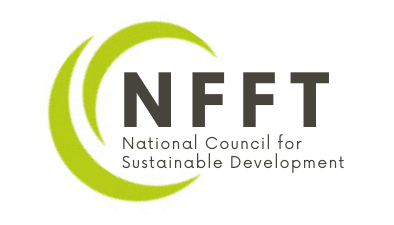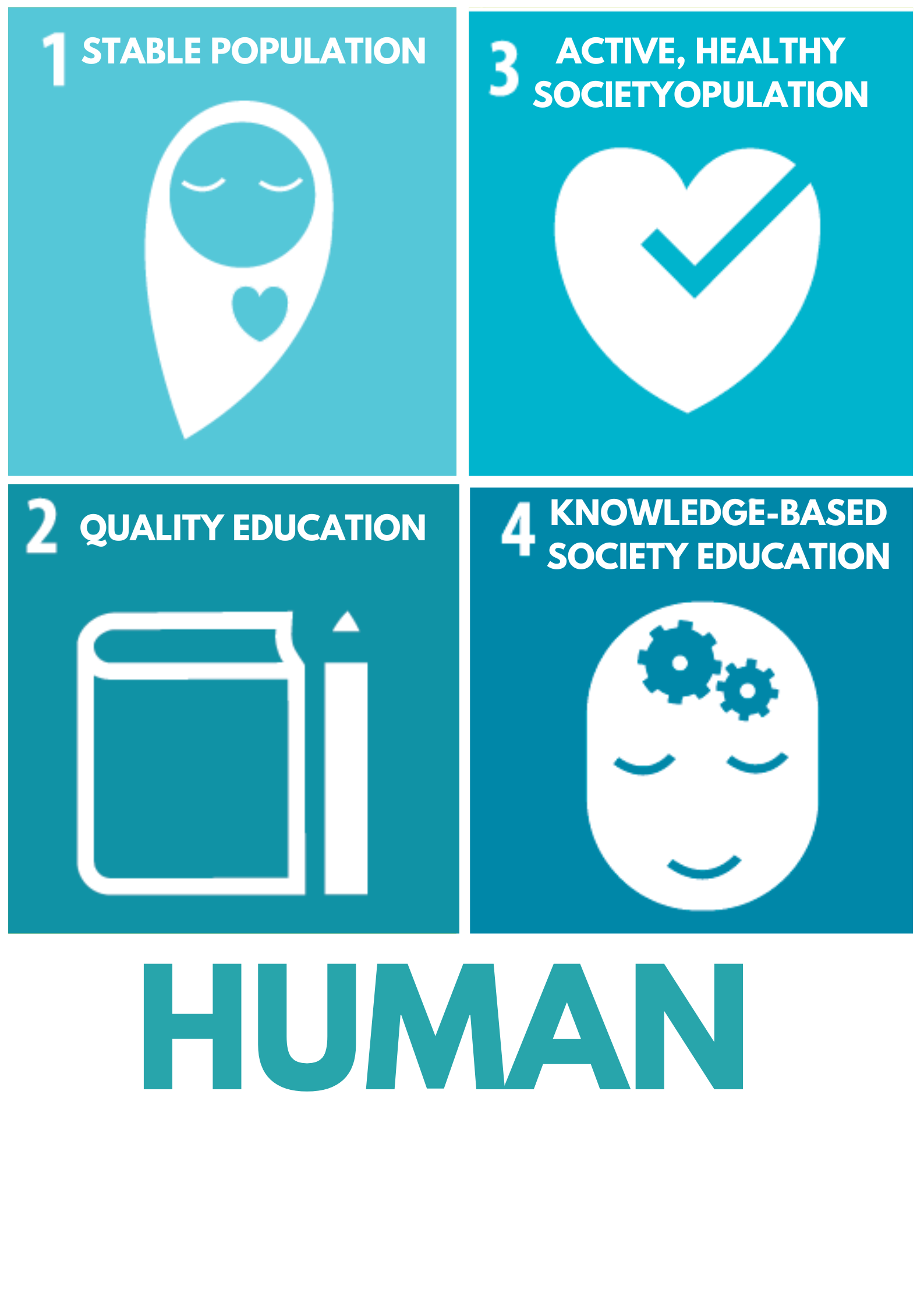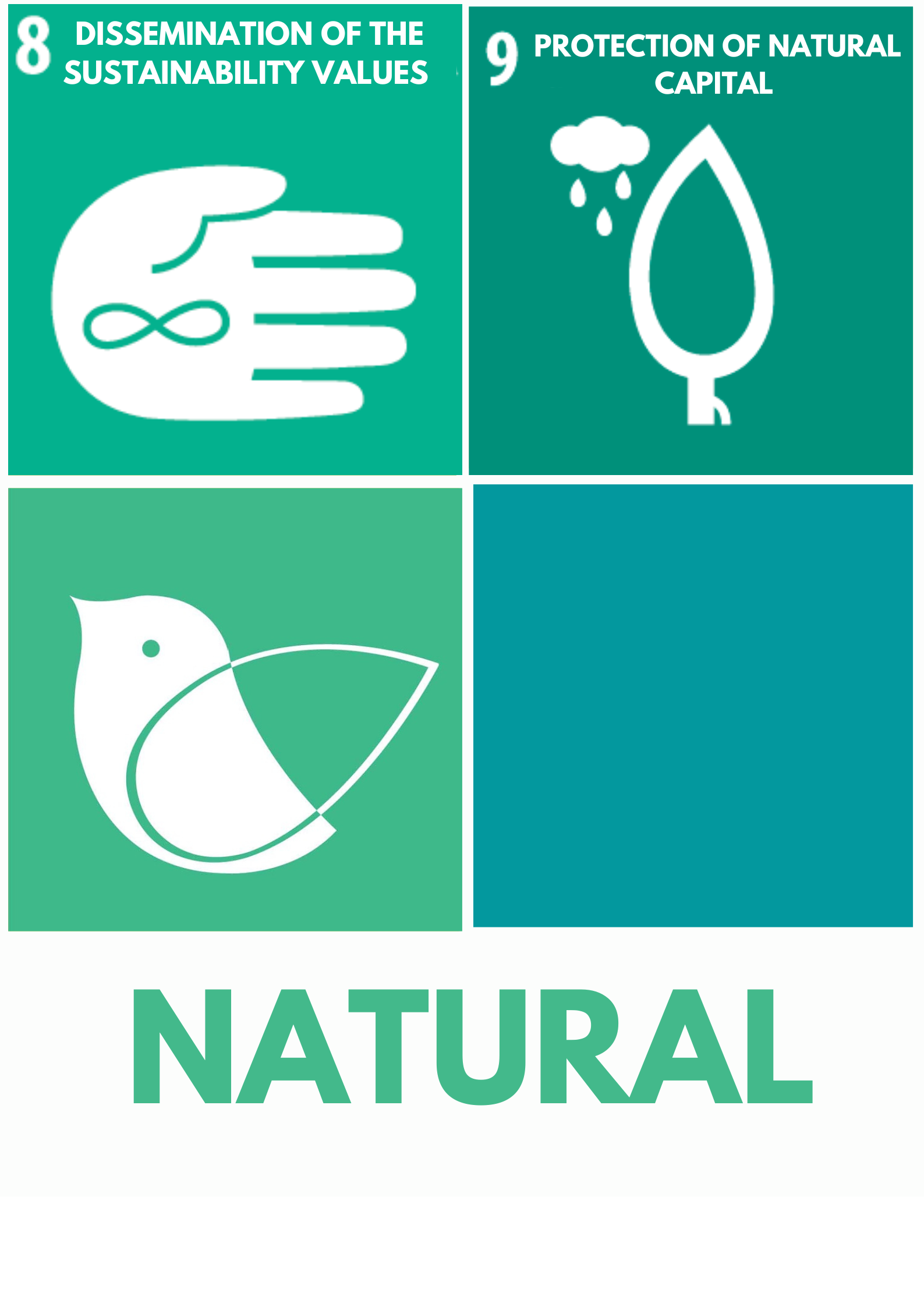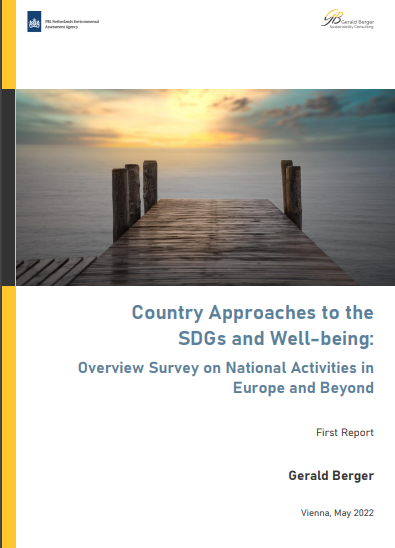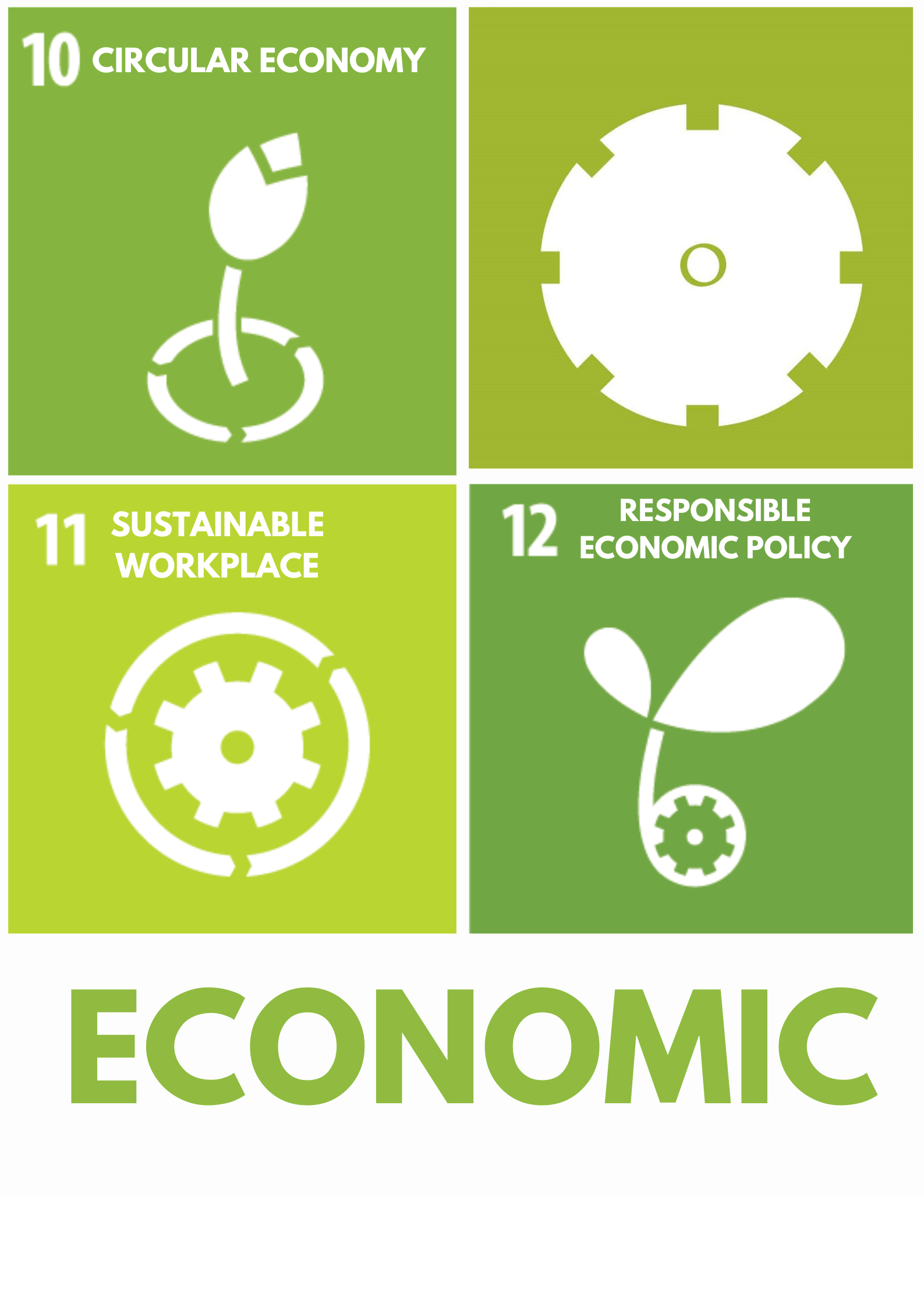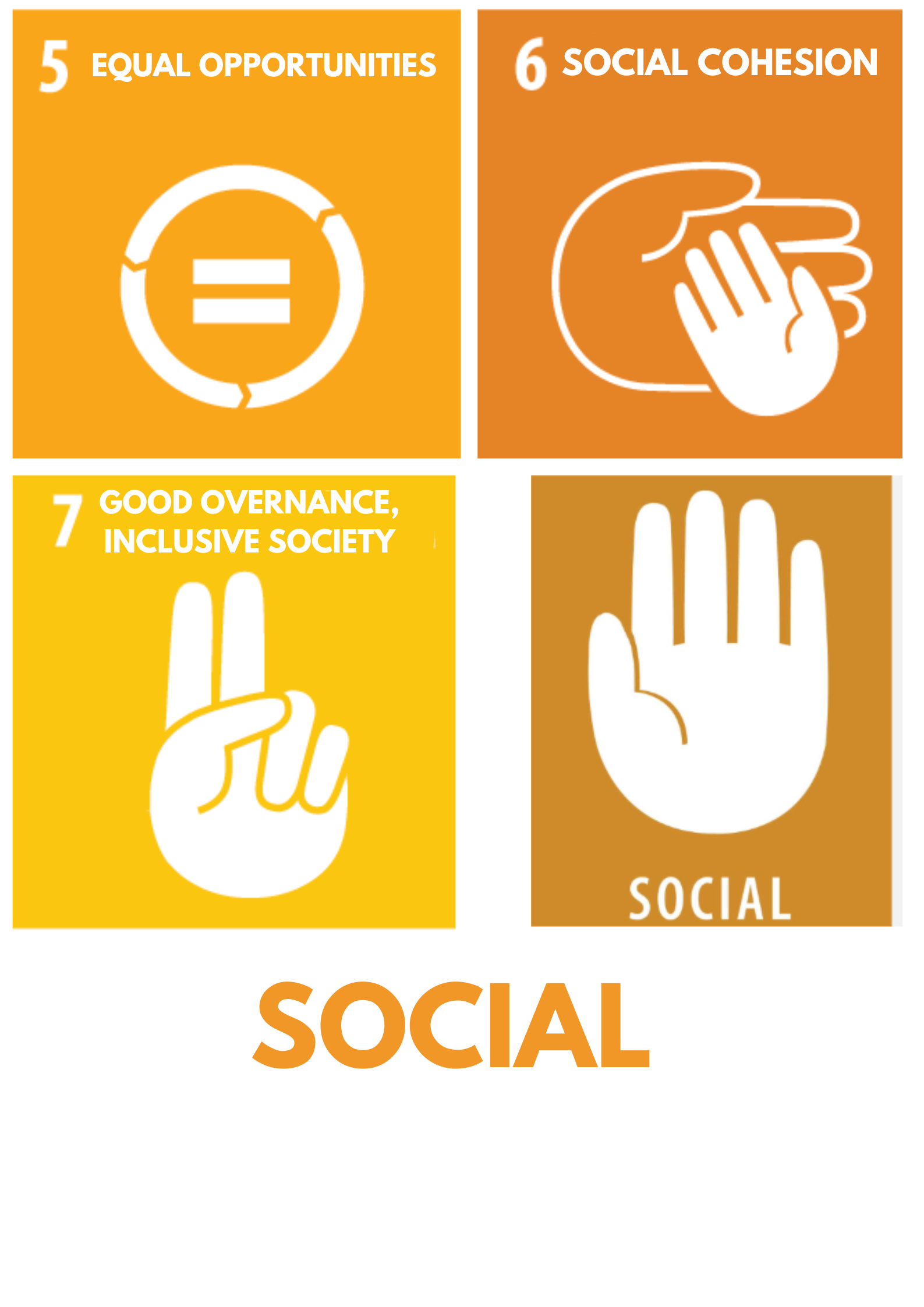The National Council for Sustainable Development held its third meeting in 2019 on 8 November in the Parliament’s Kálmán Tisza Room. - NCSD
05-06/6/2024
ESDN Conference
10/5/2024
NFFT Board Meeting
26-27/3/2024
ESDN workshop, Montenegro
13/3/2024
NFFT Board Meeting
The National Council for Sustainable Development held its third meeting in 2019 on 8 November in the Parliament’s Kálmán Tisza Room.
The National Council for Sustainable Development held its third meeting in 2019 on 8 November in the Parliament’s Kálmán Tisza Room.
The Council was first informed about the International Development Cooperation Strategy, currently being planned and prepared, then had a plenary general discussion on the draft version of the third Monitoring Report of the National Framework Strategy on Sustainable Development.
The International Development Cooperation Strategy of the Hungarian government is being renewed this year, with the preparatory work performed by the Ministry of Foreign Affairs and Trade. Based on the NFFT’s recommendation, the implementation of the UN’s Sustainable Development Goals (adopted in September 2015 as part of the 2030 Agenda) in Hungary is carried out in two different paths: national actions are coordinated through the National Framework Strategy on Sustainable Development while the international sustainable development cooperation activities are coordinated through the International Development Cooperation Strategy (NEFE). Accordingly, one of the pillars of the NEFE2025, currently being planned to determine the tasks to be completed until 2025, is Hungary’s contribution to the accomplishment of the goals of the UN Agenda. At the NFFT meeting, István Joó, deputy state secretary of the Ministry of Foreign Affairs and Trade presented the planned version, concept of the strategy.
A resolution of the Parliament requires the NFFT to prepare a monitoring report every two years on the implementation of the goals of the National Framework Strategy on Sustainable Development defined until 2024 and on Hungary’s sustainability progress. Due to the horizontal nature of sustainability, the NFFT’s monitoring reports may be considered the most comprehensive general country assessment available, equally covering our human resources (demographics, knowledge, health, social status), social capital (good government, civil engagement, social inclusion, trust, corruption), the natural environment (land use, material flows: mining, contamination and waste, climate change) and our economic assets (employment, innovation, public debt, intergenerational transfers). In this year’s report, the NFFT will assess the developments and trends in 2017 and 2018. During the meeting, the members of the NFFT had a general discussion on the Monitoring Report.

